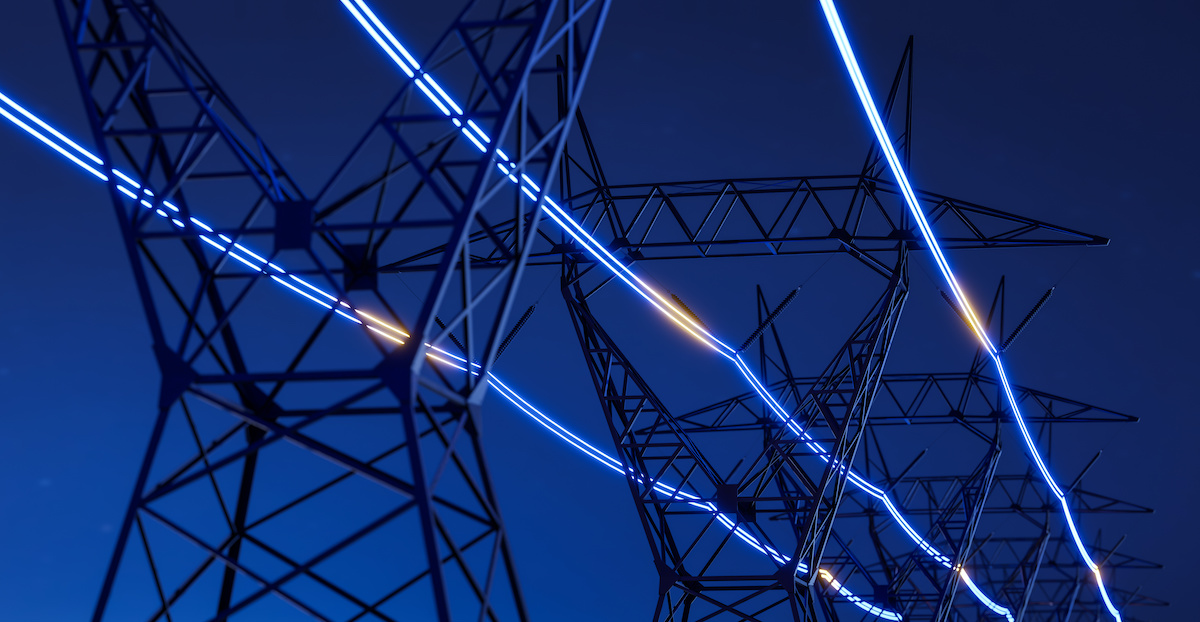The Future of AI and Energy Consumption
In a thought-provoking article for Fast Company, Moshe Tanach delves into a pressing issue facing the tech industry: the escalating energy demands of AI-focused data centers. Tanach highlights the exponential growth in computational power required to fuel the advancement of AI, noting that this demand doubles approximately every 100 days.
The Highway Act Analogy
Drawing a comparison to the Federal Aid Highway Act, Tanach presents two distinct paths for addressing the energy needs of AI: increasing energy supply (akin to building more highways) or reducing energy costs (reminiscent of investing in high-speed rail). One option leads to a future of excessive energy consumption and environmental harm, while the other offers a sustainable and economically viable solution.
The Case for Efficiency-First Approach
Tanach advocates for an ‘efficiency-first’ approach to AI energy consumption, focusing on minimizing energy usage in processing AI tasks and breaking the cycle of escalating energy consumption. Specifically, he emphasizes the importance of exploring alternatives to central processing units (CPUs) in AI Inferencing servers as a key step towards reducing energy consumption at the source.
A Sustainable Future for AI
According to Tanach, the future of AI hinges on a strategic shift towards innovative solutions that prioritize energy efficiency within AI data centers. By integrating systems engineering that minimizes energy consumption from the outset, the tech industry can pave the way for a more sustainable and cost-effective future for AI technology.
Conclusion
As we navigate the rapidly evolving landscape of AI technology, the issue of energy consumption looms large as a critical challenge that demands thoughtful consideration and proactive solutions. Tanach’s insights offer a compelling perspective on the importance of prioritizing energy efficiency in the development and operation of AI data centers, pointing towards a sustainable future where cutting-edge technology can thrive without placing undue strain on our energy resources.
IntelliPrompt curated this article: Read the full story at the original source by clicking here a fun game: sprunki horror

